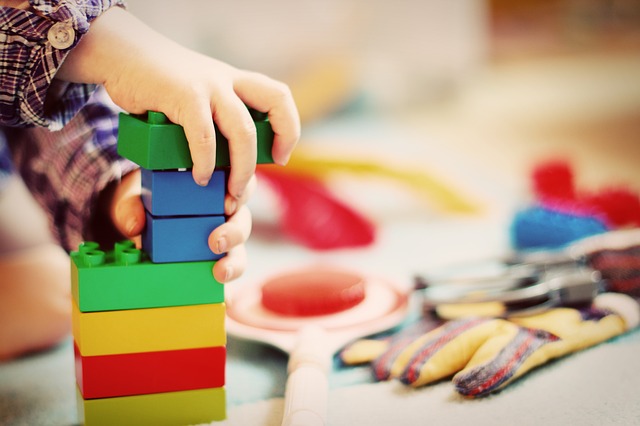Below are resources for early childhood professionals and those serving the early childhood community.
Research Analysis Shows Long-Term Benefits of Center-Based Pre-K Programs Researchers from five universities released research confirming the benefits of high-quality, classroom-based preschool programs. Appearing in Educational Researcher, the analysis of 22 studies shows that when young children participate in such programs, future placement in special education is reduced by 8.1 percent, grade retention drops by 8.3 percent, and high school graduation rates increase by 11.4 percent. (Education Dive)
New Jersey – How Can Educators Blend Rigor With Early-Childhood Education Practices? As part of a partnership in New Jersey, researchers examined how children in K-3 are currently spending their day. (Education Dive)
School Districts Find Creative Ways to Fund Pre-K Big city districts are taking the lead in funding pre-K programs as states work more slowly to expand access. (District Administration)
New Study: Quality Pre-K Boosts High School Graduation Rates A recent analysis of five decades of data shows that high-quality early childhood education has lasting benefits for kids. (WUNC 91.5 North Carolina Public Radio)
Prevention Initiative RFP The Illinois State Board of Education (ISBE) has issued a Request for Proposals (RFP) for the Prevention Initiative (PI) program for FY2019. The RFP must be submitted by 4 p.m. February 9. Please note the FY2019 PI RFP is not available for electronic submission in the IWAS system. Eligible applicants must submit an Intent to Apply before submitting an application. Applicants proposing to provide services for children and families within the Chicago city limits must apply for funds through Chicago Public Schools. Please check the ISBE RFP page regularly for resources, including the RFP rubric and updates. A Bidders Webinar is forthcoming. Questions should be directed to the Early Childhood Division of ISBE at (217) 524-4835 or emailed.
How Alabama is Strengthening the PreK-3rd Grade Continuum Building a solid foundation of social-emotional, behavioral, and cognitive skills in early childhood is critical for children to successfully engage in more complex, analytical learning in the latter parts of their educational careers. We know that this distinct period of child development spans from birth through third grade, yet policymakers and even educators frequently treat the early elementary years, from kindergarten through third grade, similar to grades 4-12. As a result, many K-3 students don’t have access to the unique, developmentally-appropriate instruction and supports they need.

